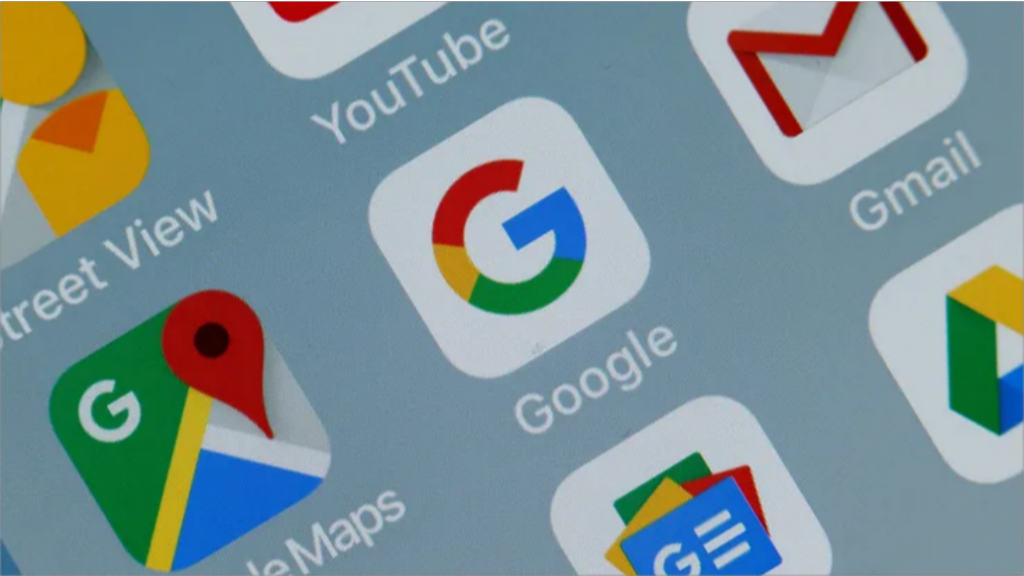
Google has made changes to its cookie replacement plan in response to concerns raised about its Federated Learning of Cohorts (FLoC) technology. The company has acknowledged that FLoC may not be sufficient to protect online individual identities, and it has recognized the need for better transparency and user control over data usage.
FLoC is a privacy-focused alternative to traditional third-party cookies that aims to group users into cohorts based on their browsing behavior, rather than tracking individuals’ activities. The idea behind FLoC is to provide targeted advertising without revealing personal information. However, critics have raised concerns about the potential for privacy risks and the lack of user understanding and control over their data.
In response to these concerns, Google has adjusted its approach. The company has announced that it will not be building alternative user-level identifiers after phasing out third-party cookies. Instead, it will be exploring new privacy-preserving technologies that offer better user control and transparency.
Google’s acknowledgment of the limitations of FLoC and its commitment to finding better solutions reflect the ongoing evolution and discussions around privacy in the digital landscape. As technology advances and data privacy concerns continue to grow, it is crucial for companies to prioritize user privacy, provide clear explanations of data usage, and offer users meaningful control over their personal information.
The shift in Google’s cookie replacement plan underscores the importance of striking a balance between personalized advertising and protecting user privacy. It highlights the need for ongoing efforts to develop privacy-enhancing technologies and establish robust frameworks that empower users to make informed choices about their data.
